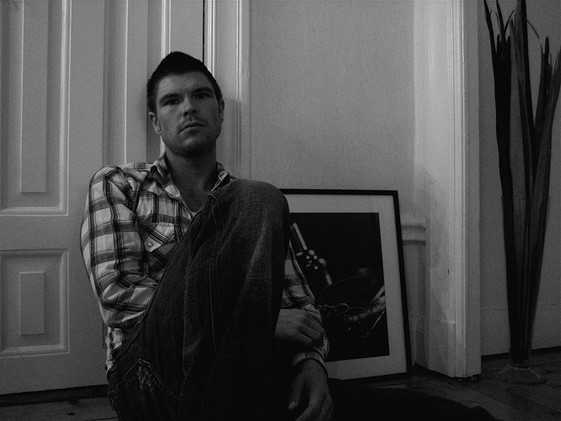Living Alone during the Pandemic

During this pandemic, many psychotherapists are actively treating clients who are understandably struggling with isolation and sadness. I am particularly concerned about my patients who live by themselves. Being alone and shut in is definitely one of the more challenging aspects of the coronavirus restrictions.
I witnessed an interesting pattern emerge among several people weathering this new normal—they reexamined their past connections to make sense of their aloneness. A few of these patients were traumatized by a developmental complication called pathological accommodation. This concept was originally defined by psychoanalyst Dr. Bernard Brandchaft and refers to a condition in which children were raised to be emotional caretakers for their parents. Rather than the mom and dad feeling responsible for the emotional health of their offspring, the child must attune to the parents’ needs to feel loved and safe. As a consequence, many individuals who suffer the ramifications of this unhealthy attachment find it exceedingly difficult and frightening to make connections of their own. Believing that one’s value in a relationship consists of being an omnipresent, unconditional caretaker makes forming an intimate relationship with another person untenable.
Many people I worked with over the years successfully navigated a plethora of feelings that inhibited them from getting close to others. As one might imagine, adults wrestling with attachment issues can be suspicious and overly sensitive. Learning to trust that another person’s motives are not solely self-serving is challenging. Moreover, their reluctance to get close to another person is often exacerbated by a nagging sense of self-loathing. As a result, some relationships become overstimulating and frightening, ultimately leading to depressive, obsessive ruminations about trust, reality testing, and hopelessness.
Believing throughout childhood that one is loveable only when devoted to another sets up a propensity to feel emotionally unsafe and apprehensive. If being loved requires a renunciation of oneself, perhaps suffering the consequences of being alone is preferable. This strategic compromise works well when those individuals have access to others via their jobs, hobbies, social activities, and educational pursuits. However, since the pandemic is restricting in-person contact, people living in solitary confinement are sustaining substantial emotional distress.
I believe the silver lining of the current terrible loss and suffering is recognizing that we do need and appreciate our close relationships. Connections with others require a genuine curiosity and an authentic desire to get to know another person. In our present circumstances, this requires optimism, trust, and sizable dosages of self-worth and resilience. When we can safely venture out again, I hope we will do so with an increased appreciation for life and our intimate others.
Image courtesy of cg.lindstrom (CC BY 2.0)

